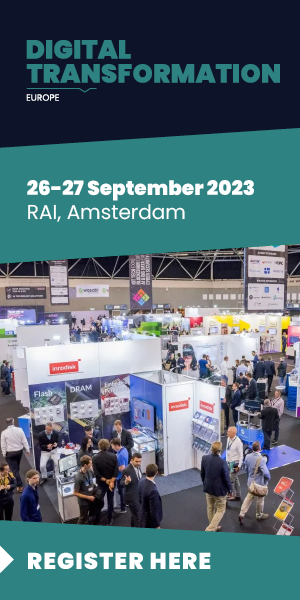
Sponsored The benefits of low-code, which enable companies to build custom applications in the cloud, are primarily three-fold: speed of innovation, reduced costs, and a faster time-to-market.
By using low-code functionality, organisations can adapt to changing market trends enabling quicker speed of innovation – as well as faster time-to-market, while also creating a better user experience by quickly making adjustments to their products as users’ needs grow and change. This also helps in reducing costs. Software providers are also increasingly making their toolsets cloud-based, which allows customers to manage and monitor application deployments at speed.
At the start of this year, the Greater Manchester Combined Authority (GMCA) in the UK launched the Greater Manchester Digital Blueprint, which aimed to place citizens at the heart of its digital transformation efforts. Part of this wider remit was to cut down paper-based assessments – and as a result, the authority proposed a system for data collection and management to assess the socio-emotional development of infants and toddlers.
The result was the Early Years app, developed by Objectivity, which was created to digitally transform a cumbersome paper-based children’s school readiness assessment process.
Whereas previously parents would have to fill out forms by hand and send them to the appropriate city office for processing, the app enabled health visitors to capture digital data and share it among the appropriate early years professionals, as a given child moves through the different stages of the Early Years Delivery Model.
The portal also allows caregivers to fill out digital assessments online from their own homes, with the results automatically being made available to health workers.
The GMCA was looking to add a low-code solution to their portfolio as they wanted to have the freedom to further develop and maintain the application in-house, as Melania Sulak, Content Marketing Manager at Objectivity, explained. “The GMCA has already begun to effect real change in their city-region, thanks to having adopted innovative digital capabilities in their public sector processes and daily operations,” wrote Sulak.
“Doing so has made it faster and more convenient for community members to interact with city offices, thereby also measurably improving citizen outcomes.”
So how does such a project get off the ground? With the help of a company such as Objectivity, holding extensive knowledge around Mendix, fleshing out a project and putting it into operation can be easier than going direct.
“It’s quite common for organisations to first work with an experienced software partner on creating the initial product scope and infrastructure,” Sulak wrote. “This is a readily adopted approach, as combining low-code and traditional development offers all the benefits of visual development with the unmatched advantage of bespoke software.”
The Early Years app is one of many initiatives planned as part of Greater Manchester’s innovation strategy. A future app will be aimed at improving healthcare for those with dementia and the severely frail. “The Early Years application will see streamlined systems connect Greater Manchester professionals such as health visitors and school health services, enabling them to work together to better support families,” said Councillor Sean Fielding, Portfolio Lead for Digital, Education, Work and Skills.
“The launch of this application has helped us get one step closer to achieving our digital ambitions for Greater Manchester.”
Find out more about the Early Years app or how Objectivity can accelerate your digital transformation journey by visiting here.
This article is in association with Objectivity.
Photo by Mangopear creative on Unsplash







